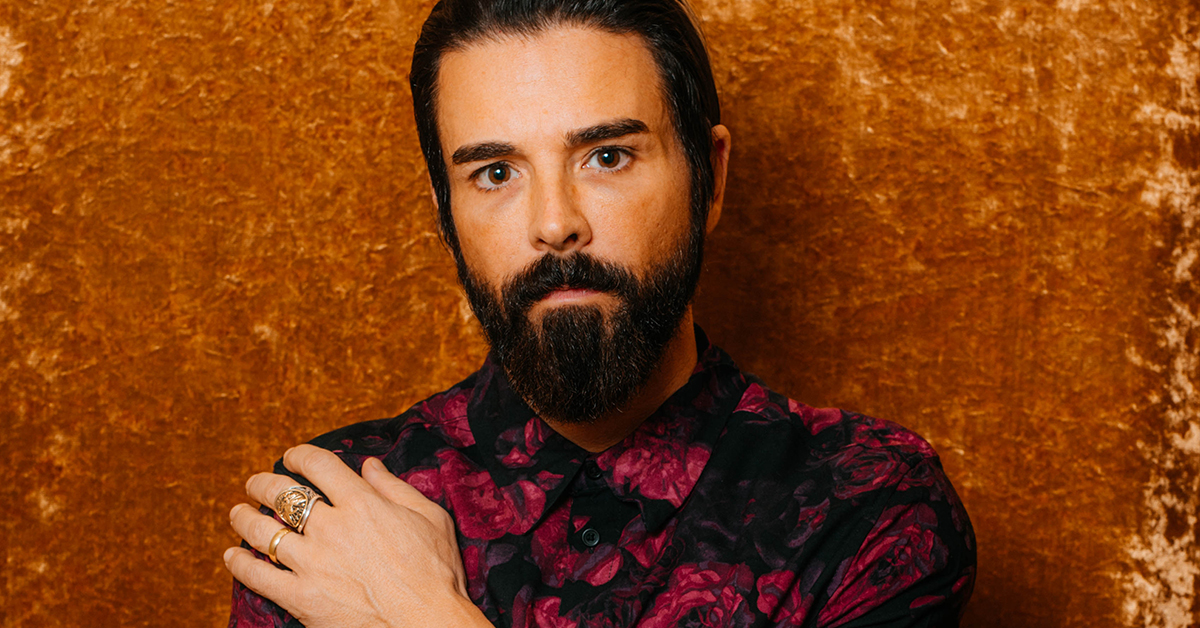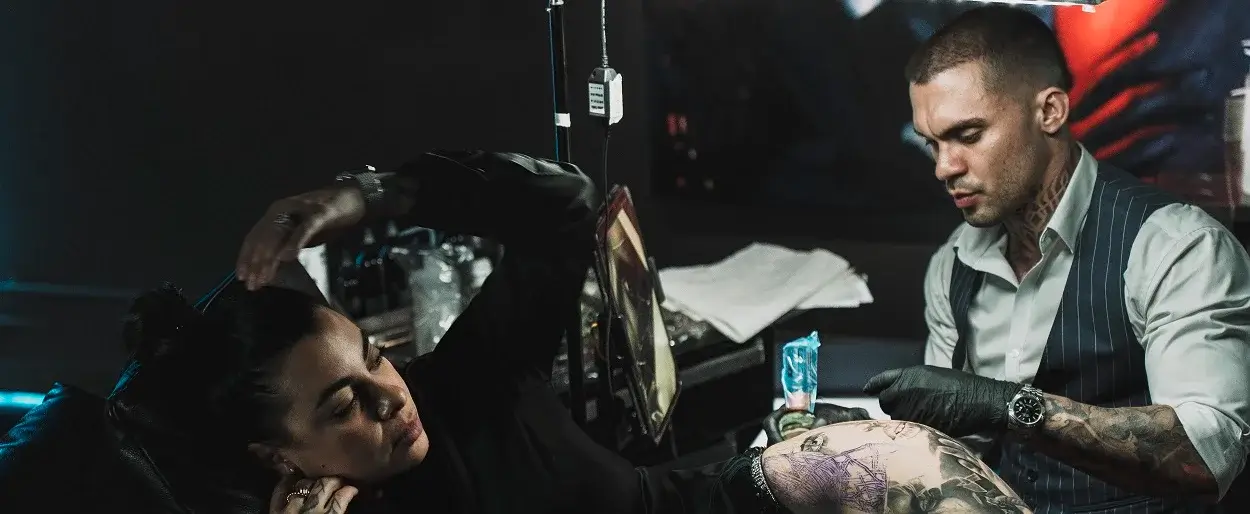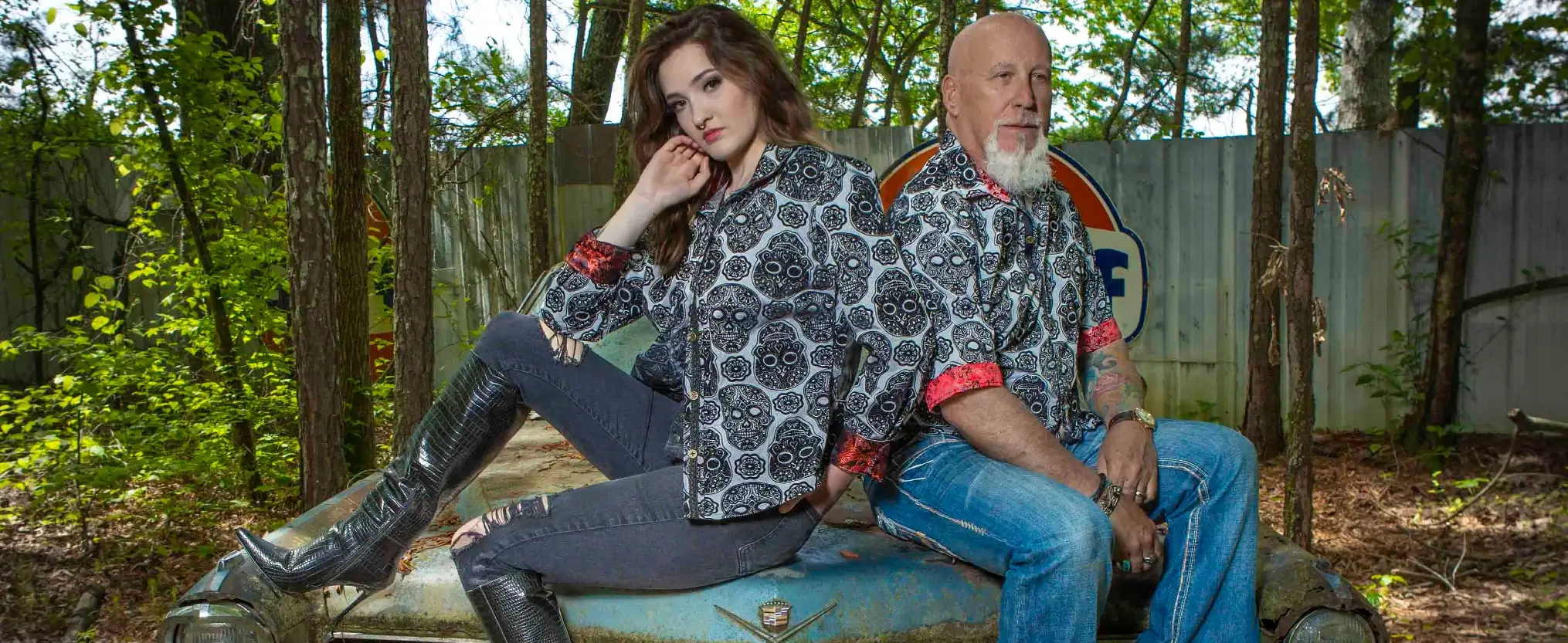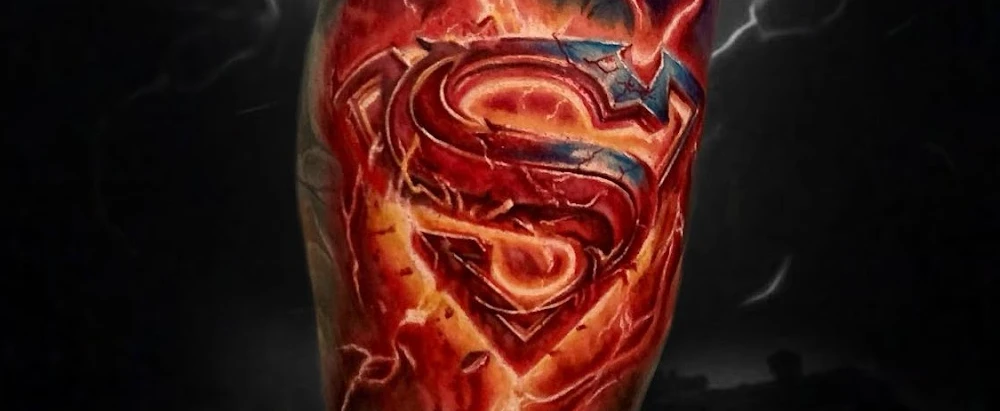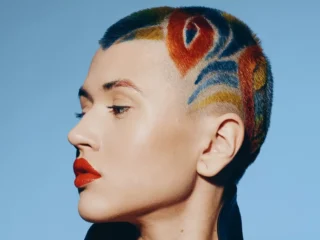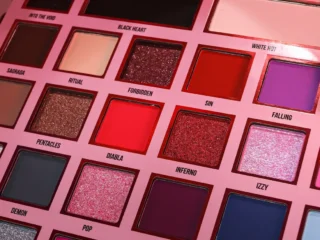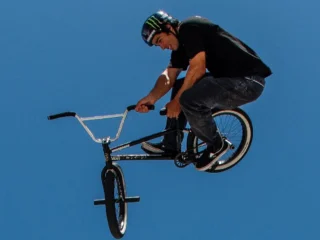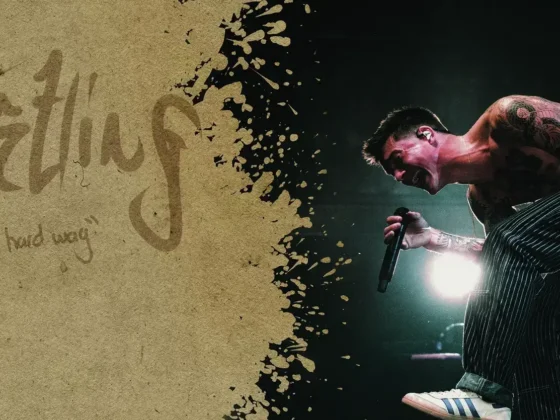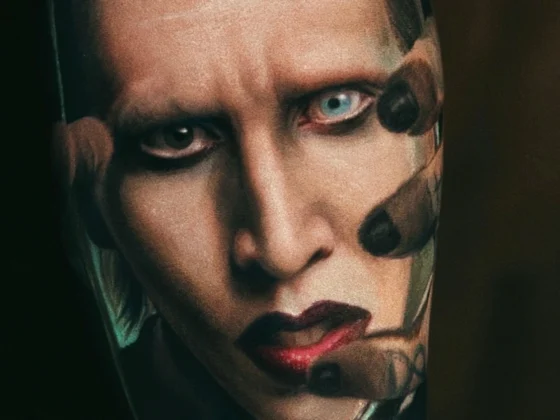Inked Mag Staff
April 16th, 2021
Chris Carrabba’s Confessional
Dashboard Confessional's front man on learning to play the guitar again after a near fatal motorcycle crash.
by Jenna Romaine
The year 2020 was set to be a highlight reel for pop-punk darlings Dashboard Confessional. After two decades together, bolstered by seven studio albums and hit singles like “Screaming Infidelities,” “Hands Down” and “Vindicated,” lead singer Chris Carrabba and the band were on the first leg of a tour celebrating the band’s 20th anniversary when the coronavirus pandemic hit, shuttering venues, and effectively, the entire world in its wake.
“It was a drag to be pulled off the tour we were on,” Carrabba says over Zoom, a stark reminder of society’s perpetual state. “We were having a moment of real connection with that audience that has largely been with us the whole time. It was kind of lovely.”
Back home in Tennessee with his family, Carrabba tried to keep hold of that connection in the early days of the pandemic, performing for fans via livestreams in an attempt to connect “in a smaller way.” But that all came to an abrupt end in June. While taking a turn outside of Nashville on his motorcycle, he hit debris left by a car during a crash hours earlier, hydroplaning before he was launched through the air and into a ditch, watching helplessly as his motorcycle landed on top of him.
“I didn’t really feel any trauma in the accident,” Carraba says, looking away. “And I didn’t feel any trauma in the ambulance. It all seemed like a broken rib or something. It wasn’t until the surgeries that I really understood.”

The reality was far harsher. Carrabba had broken both of his shoulders, completely severing his biceps and triceps on both sides in the process. “This team of doctors and surgeons were elaborate in making sure I knew what I was facing,” he says, “and it was the concern I could see on their faces, and I’m thinking to myself, ‘They see this every day and they seem awfully concerned about the severity.’”
It was hardly a concern of his at the time, but the intricate ink that outlines a majority of his body also suffered in the accident. “I have a full sleeve on one arm and one [on the other] that has an intentional gap,” he says, motioning to his arms, currently obscured by a sweatshirt but covered in traditional Japanese ink of contrasting koi fish on each side. “The scar on the right side is in the tattoo and is really visible. But it just so happens that he [the surgeon] was able to go in that gap on the left side where I have the little gap of nothing tattooed there.”
He isn’t afraid to tattoo over them, potentially, but he knows inking over scar tissue can be tricky. When he was younger, he had a large scar on his elbow tattooed, an already sensitive area that spited him by swelling and holding a fever for a few days. Still, it had been nothing compared to his first tattoo experience.
At the age of 16, Carrabba’s friend, who he describes as having been “a good artist for a 16-year-old,” had acquired his own machine. Desperate to get tattooed before turning legal age, Carrabba was his guinea pig. With a bucket placed under his hanging arm to catch the blood trickling down from the aggressive force his friend was pressing down, chewing up his skin, Carrabba emerged with “an arm band, kind of,” that was eventually abandoned. It got infected, and his mother discovered it after noticing blood stains peeping through his shirt. She was angry, to put it mildly, and sent him to the doctor where he received a second scolding. These days she doesn’t mind his tattoos, but “she’s still pissed” about the first one.

The pain of his tattooed dalliances in his youth weren’t even on the same level of the extensive rehabilitation Carrabba was looking at in June. “I lost the ability to play guitar when my muscles were severed and re-draped on there, so I had to relearn,” he says. “My strength is coming back to a certain degree, it’s just incredible how muscle atrophy goes.
“Of all the things I’ve gone through with this process, in any other circumstance I would have turned to music, and that was gone,” Carrabba continues. “I had just completely lost the ability, and it didn’t seem temporary. So that got me in a dark spot. Forget that it’s my livelihood, [music] is my passion and the thing that I funnel all of my life experiences through.”
When he could finally turn back to his guitar, it wasn’t as seamless as it once was. The two metal plates and 26 screws took a toll on him, and when he first tried singing again, he found he couldn’t get his voice to resonate correctly or find its pitch, things that had once felt second nature.
Over the last eight months, he’s worked from three minutes to 10 minutes, and from 10 minutes to hours a day. “I think I’m almost as good as I was, and I think one day it will be as easy as it was,” he says. “I feel really hopeful for the quality of life I’ll recover with. And I’m excited about that because for a while there it was nebulous. I didn’t know what it was going to be.”
He hopes these experiences will carry over into his music. In true pandemic fashion, he tweeted, “I’ve finally hit that point where being trapped in my house and trapped in a broken body is either going to make me write the best music of my life or cut bangs,” Carrabba laughs. “They’re in a dead heat. I’m hoping it’s songs, I don’t want bangs at all.”
In the present, Carrabba is focused on healing, writing and doing something that’s been lost on many through the pandemic: enjoying the purpose and time he’s been given.

Editor's Picks
Bridging Classical Art and Modern Tattooing
Esteban Rodriguez brings the discipline of classical fine art to the living canvas of skin, creating hyper-realistic tattoos that merge technical mastery with emotional depth.
Show Your Ink Fashions Brings Custom Style to Tattoo Culture
Show Your Ink Fashions creates custom shirts designed to showcase your tattoos as wearable art, blending fashion with personal expression.
The Ultimate “Superman” Tattoo Roundup: Just in Time for Superman’s Return to Screens
With Superman’s big return to theaters, fans are revisiting some of the most iconic ink inspired by the Man of Steel.

